This week, the Earth Charter International Secretariat had the pleasure of hosting a multicultural group of 12 students and their professor from Soka University of America (SUA). As part of their study abroad program and the course titled “Sustainability After Colonialism: The Costa Rican Example”, the group embarked on an inspiring journey through various projects and initiatives that showcase Costa Rica’s approach to sustainability.
Coming from different corners of the globe, the students brought with them a rich baggage of worldviews and cultural backgrounds. Their perspectives and professional interests already reflected an awareness of and commitment to sustainable practices, adding depth and critical thinking to every conversation.
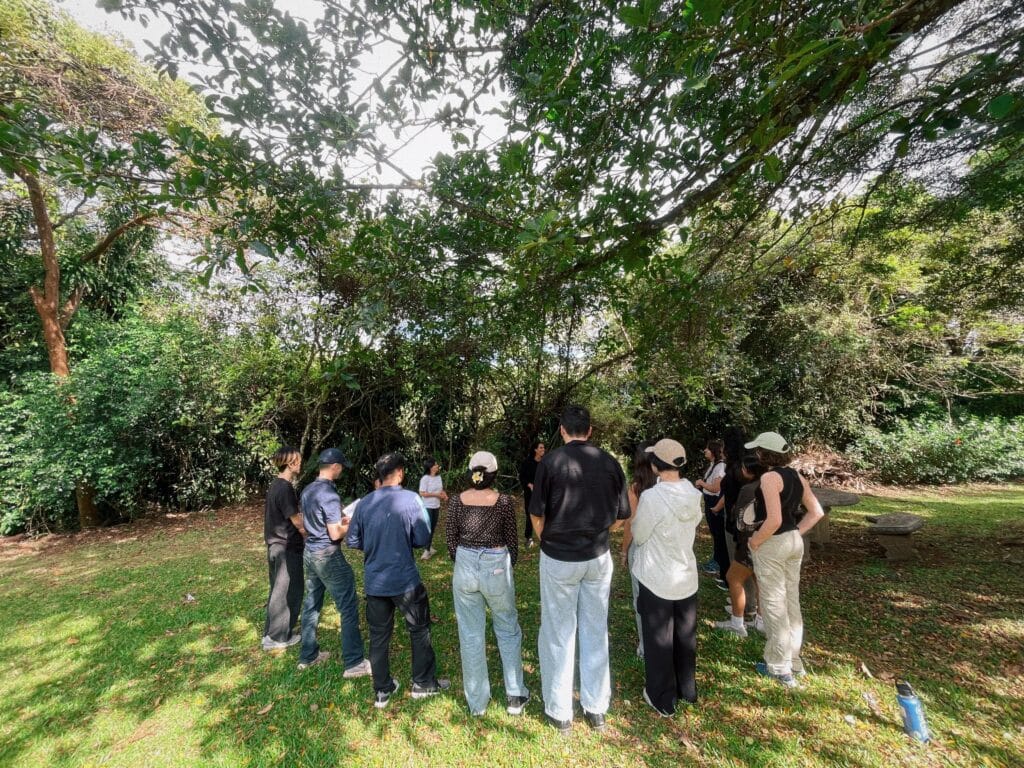
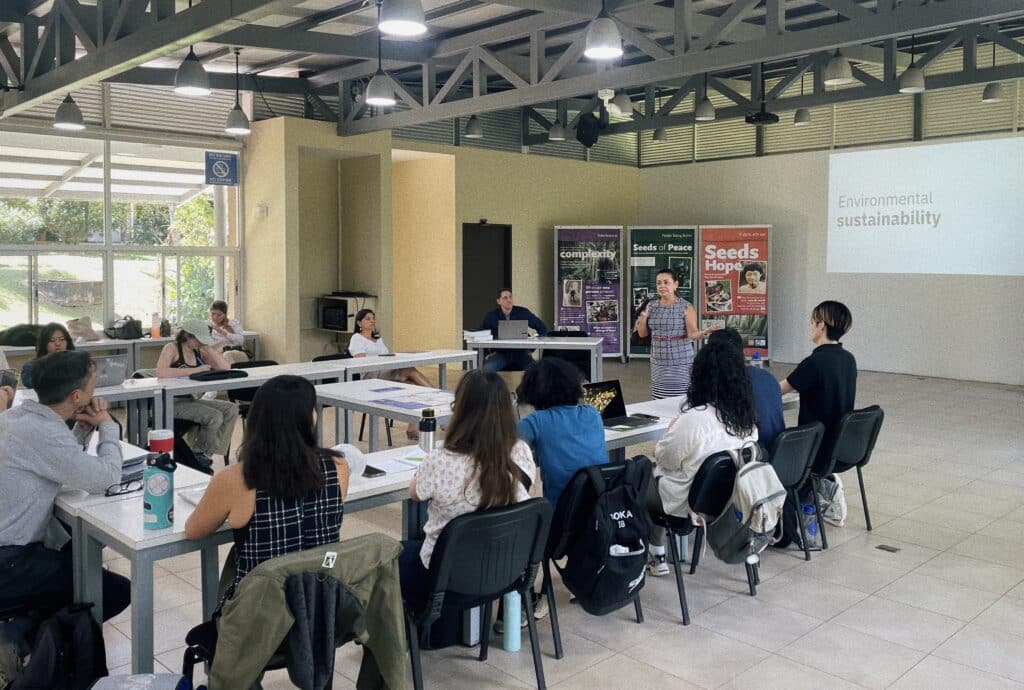
Throughout the 2-day visit, the students explored Costa Rica’s history, its bold steps toward sustainability, and the challenges the country continues to face in this journey, while learning about the Earth Charter as an ethical framework to put sustainability into practice. They also had the opportunity to listen to experts from the State of the Nation (Programa Estado de la Nación), a participatory research and innovation center for the promotion of sustainable human development. and the major of the Mora county, who shared his innovative initiatives in this part of the country. Dialogues with the Earth Charter team offered students an opportunity to critically examine the intersection of sustainability and social justice in a post-colonial context. These conversations were not only intellectually enriching but also deeply inspiring, sparking reflections on how global collaboration can drive meaningful change.
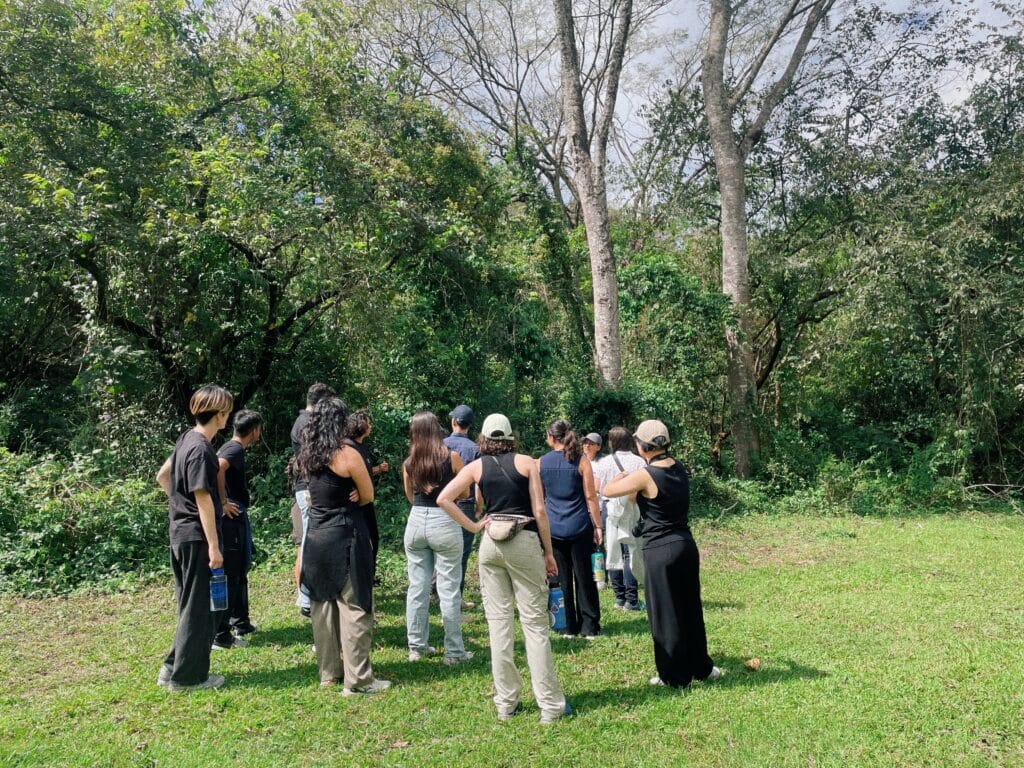
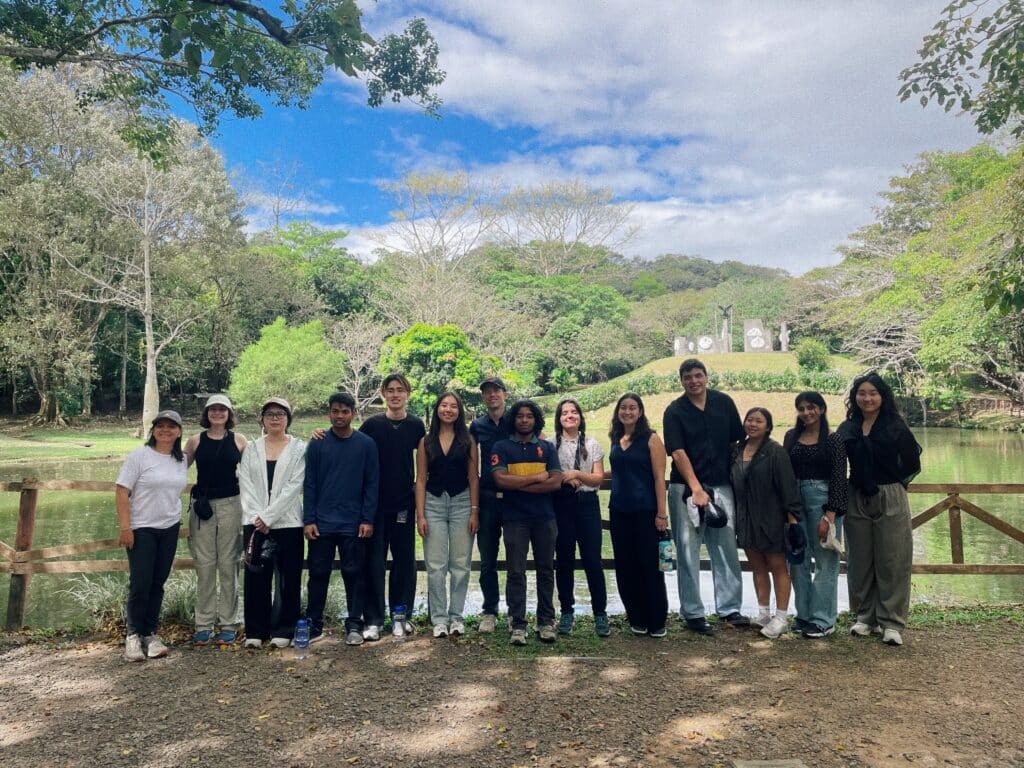
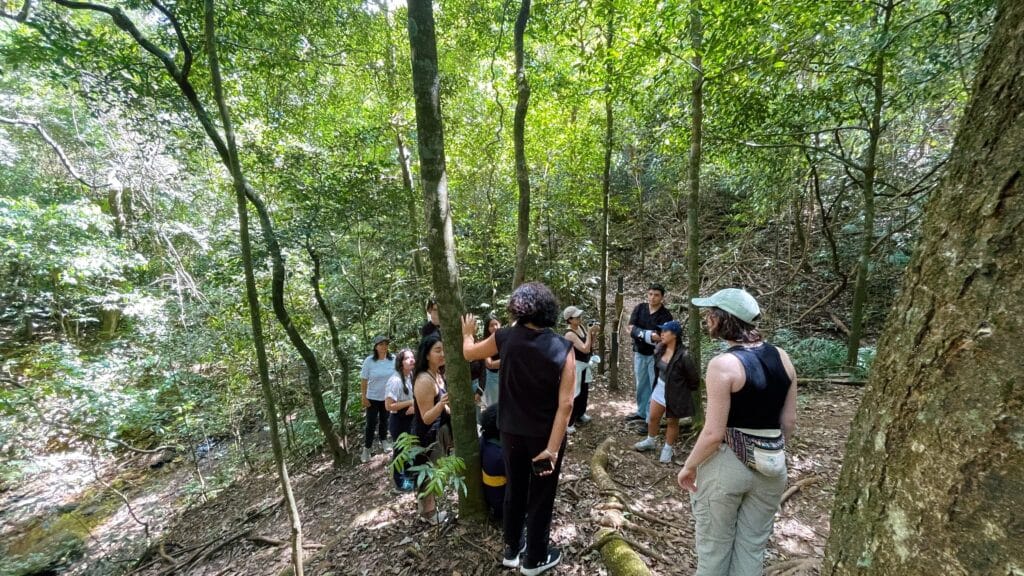
For the Earth Charter team, this collaboration was equally powerful. Engaging with such an enthusiastic and thoughtful group reminded us of the importance of fostering spaces where young and diverse voices come together to envision a thriving future. The insights shared by the students reaffirmed the need for education that bridges cultures and encourages ethical collective action.
This program serves as a beacon of the transformative power of experiential learning through the internationalization of education. We are grateful to have been part of this journey and look forward to seeing the impact these future leaders will make in their communities and beyond.






